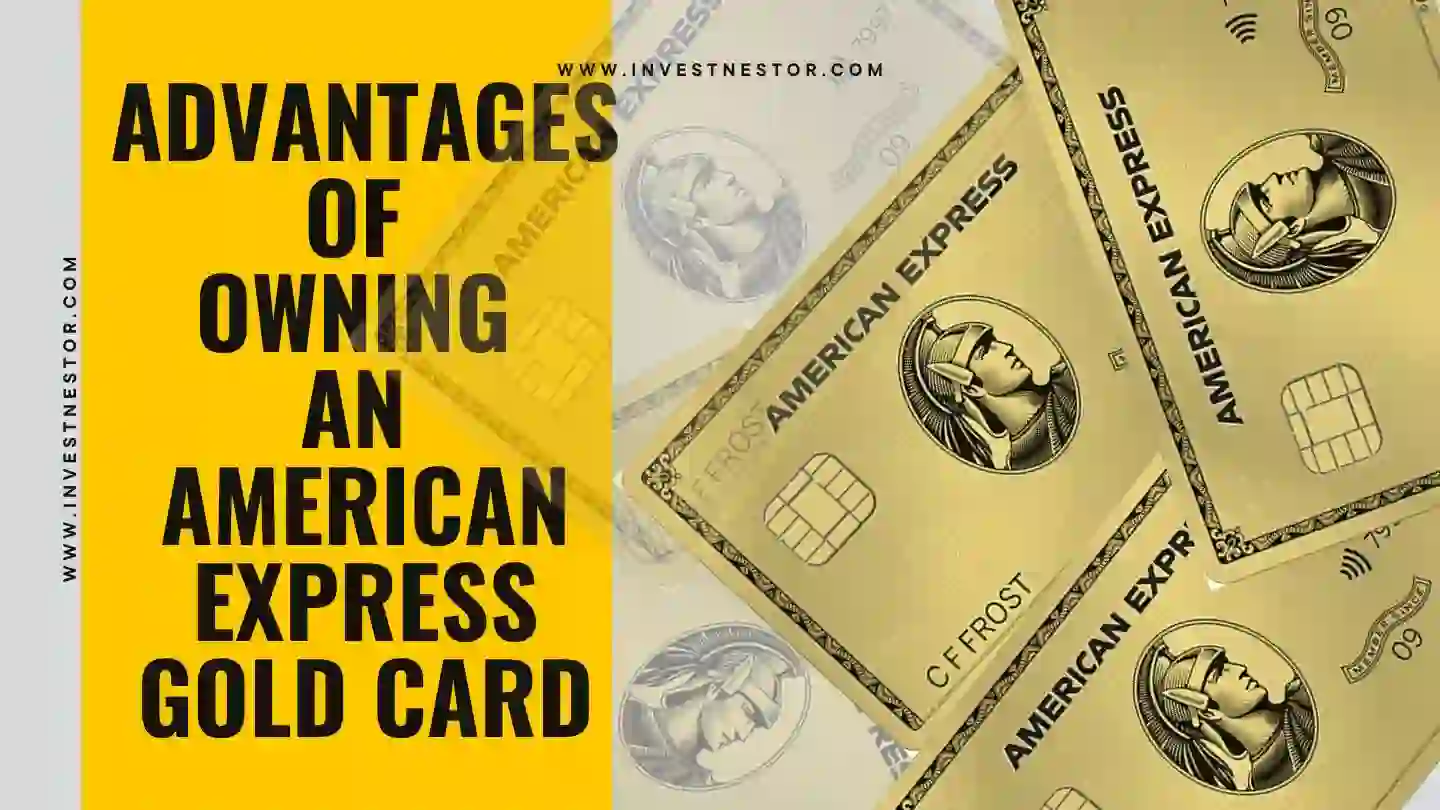
8 Credit Card Fees | How to Escape the Grip of Credit Card Fees
When you pay extra charges apart from interest fees on your credit card, then it is a credit card fee. You might be aware of an annual fee or a balance transfer fee if you are a regular user of a credit card.
Although it is illegal not to disclose the hidden charges associated with credit cards, the Credit Card Accountability Responsibility and Disclosure Act of 2009 specifically ordered that the terms and conditions and all the costs associated with the credit card be mentioned in a rate table box, also known as a Schumer box.
Here are the most common credit card fees you must know if you own one. The best part is that you will subsequently know how to avoid credit card fees!
1. Annual fees
When you own a credit card, you get the privilege of buying things on credit, which means you can make a purchase now and pay for it later. Credit card Annual fees are somewhat similar to membership fees for using a product or service.
It is a fee you pay for owning a card once a year. You pay for the benefits you receive with your credit card. It makes sense to pay an annual credit card fee once you receive some perks or rewards for using it.
How to avoid credit card annual fees
- Not all credit cards reward you with perks or similar things, and not all credit cards come with annual fees, so choosing a card without one is best.
- This approach might not be sensible if you receive rewards in those categories where you spend more, so when your earnings increase on your credit card, you can consider paying an annual fee.
- The rewards and perks offered on credit cards are only worth paying the annual fees as long as you use them.
2. Finance Charge:
To carry a balance on your card, the issuer often charges you interest, the Annual Percentage Rate. This Annual Percentage Rate, or APR, is calculated based on the interest rate range offered on a particular card and your creditworthiness.
How to avoid credit card finance charges
The easiest way to avoid these charges is to pay the full balance monthly. The credit card provides you with a grace period of at least 21 days, which means you have 21 days to pay your balance without incurring any interest charges.
3. Foreign Transaction Fees
Some credit cards add extra fees as foreign transaction fees apply to your credit card when you purchase a foreign currency. Use your card while travelling abroad or shopping online from a different country. Transaction fees generally range from 1% to 3% of the purchase amount.
How do I avoid credit card foreign transaction fees?
- If you frequently travel outside the country, it is preferable to use travel-specific credit cards conveniently designed for people like you.
- You can also open a bank account that provides a debit card with no ATM fees when you use it in another country.
4. Balance Transfer Fees
We often shift high-interest debt to a card with a low or 0% APR to save money. This balance transfer from one card to another makes us pay 3–5% of the amount we transfer.
How do I avoid the credit card balance transfer fee?
Only a few cards don't charge if we transfer a balance. Therefore, choosing a card with a low balance transfer fee is better.
5. Cash Advance Fee
We often use credit cards to withdraw cash from ATMs. It is convenient, but we often face cash advance fees against this service. The fees can be a fixed amount for each withdrawal, a percentage of the amount you are taking out, or a combination of both. Whatever it is, we are charged a higher rate than we would pay for a regular purchase with a credit card. On top of that, the ATM itself might charge a transaction fee.
How do I avoid credit card cash advance fees?
The best tip to avoid a cash advance fee is to use an alternative to get cash. You can borrow money from family or friends if you need less.
6. Late fees
You must pay at least the minimum amount on your credit card by the due date to avoid getting charged a late fee. However, not all credit cards charge you a late fee; it will ultimately increase the amount you pay if you are charged by one. A late or missed payment can negatively impact your credit score.
Some cards even apply a penalty for late fees.
How to avoid credit card late fees?
A pro tip to avoid late fees is to make your credit card payments on time. Set up automatic payments so you don't spend good money after bad.
7. Overlimit fees:
- Some credit card issuers can charge a fee if you spend more than your limit- an over-limit fee.
- However, the CARD Act of 2009 mentions that an issuer cannot charge an over-limit fee more than once in a billing cycle.
- But you might pay $25 or even $35 if you encounter these charges.
- But before choosing a card, you are provided with the option of whether you want to allow such charges when you go beyond the limit.
How to avoid credit card over-limit fees?
If you continuously make full and on-time payments, you can ask your credit card issuer to raise your credit limit. This will help you reach the maximum limit and prevent you from exceeding the limit.
8. Returned payment fee:
When you make a payment on your credit card but the payment is rejected due to an insufficient amount in your bank account, you get hit with a returned payment fee. You usually pay about $20 to $40, depending on the card, issuer and state laws.
How do I avoid the credit card return payment fee?
It is good to maintain a balanced checkbook and ensure you have enough funds in your bank account to pay on your credit card.
Final words
A credit card comes with a useful product that offers you ample benefits if you use it carefully. But if you fail to understand its associated fees, you could pay a lot in the long term. Use your credit card wisely and get the maximum benefits out of it.
Suggested Articles:





0 Comments
Add a comment